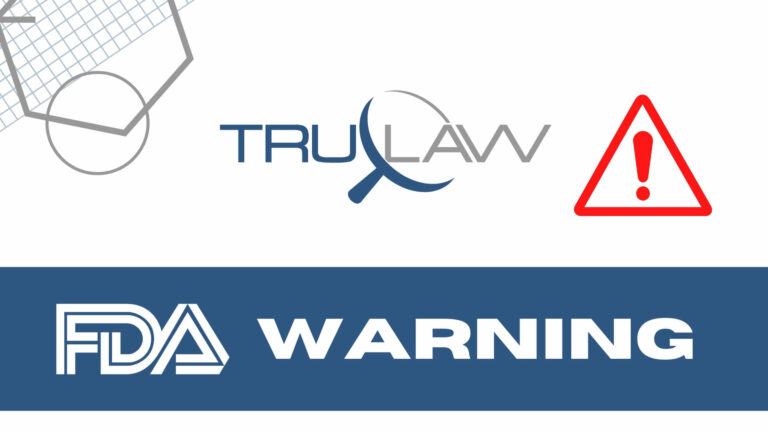
The FDA is calling to attention a corrective recall of HeartMate II and HeartMate 3 Left Ventricular Assist System (LVAS) by Abbott/Thoratec Corp. because long-term buildup in product components may cause an obstruction. Because this blockage could result in serious injuries or death, an FDA announcement released April 15, 2024 has identified the recall as Class I, the most serious type.
Designed to facilitate the pumping of blood in the heart when the organ is unable to do so effectively and independently, HeartMate II and HeartMate 3 Left Ventricular Assist Systems (LVAS) are typically used to offer short- and long-term support for adult patients suffering from major left ventricular heart failure. The devices are also used by those waiting for a heart transplant, those in recovery from a heart condition, or by those who are unable to get a transplant but who are in need of a permanent solution. Pediatric patients also rely on HeartMate 3 for support.
HeartMate II and HeartMate 3 take on the work of the left ventricle, the main pumping chamber of the heart, in order to divert blood from the compromised left ventricle and into the aorta, the body’s main artery, which facilitates blood circulation in the entire body. Both devices are administered in and out of hospital settings.
Initiated by Abbott/Thoratec Corp. on February 19, 2024, the recall covers 13,883 devices that were distributed across the U.S. beginning on April 21, 2008.
Officials say action was taken after the discovery of an issue known as Extrinsic Outflow Graft Obstruction (EOGO), which occurs with the gradual accumulation of biological material “between the HeartMate Outflow Graft and the Outflow Graft Bend relief or additional components added during surgery.” While the buildup tends to happen across a span of two years or more, it can create an obstruction in the device, which hinders the heart’s ability to effectively pump blood. Alarms in the device may also be triggered and indicate a decreased blood flow, which would then impact the device’s ability to properly assist the heart.
Because of the potential issue, healthcare professionals administering the HeartMate II and HeartMate 3, as well as the patients receiving the care, are advised that use of the affected LVAS can lead to major adverse health outcomes, including death.
To date of the FDA’s April 15, 2024 communication, the agency and Abbott/Thoratec Corp. has been made aware of 273 reports of injury and 14 reports of death in connection to the problem.
An Urgent Medical Device Correction Letter was sent to all affected Thoratec Corporation customers on February 19, 2024, which made the following requests:
- Fill out and return the acknowledgement form attached to the letter.
- Abbott will be in communication with new consignees until all corrective measures are established.
- Be aware that the low-flow alarms will be the first indication of significant outflow obstruction. Users should also be advised of additional guidance on how to identify “unresolved low flow” caused by the outflow graft obstruction.
U.S. customers may direct questions to Abbott/Thoratec Corporation by phone at (844) 692-6367.
Customers can also reference a complete list of the eight (8) affected devices and their Unique Device Identifier (UDI)/Model Numbers in the FDA announcement.
As the FDA continues to monitor this recall, healthcare professionals and consumers are urged to report any associated adverse events to the agency’s MedWatch program.
If you or a loved one has suffered injuries that can be traced to the use of a compromised medical device, our compassionate attorneys at TruLaw would like to help your family pursue justice and maximum compensation. After a traumatic and potentially life-altering medical event, your case deserves attention and the responsible party should be held accountable. Contact our team or take our free Instant Case Evaluation ℠ to get started.